According to delegate Dong Ngoc Ba, the promulgation of the Law on Artificial Intelligence (AI) will contribute to creating a unified and synchronous legal basis, both promoting development and ensuring effective risk management in research, development and use of AI, meeting the requirements of socio -economic development in the digital age.
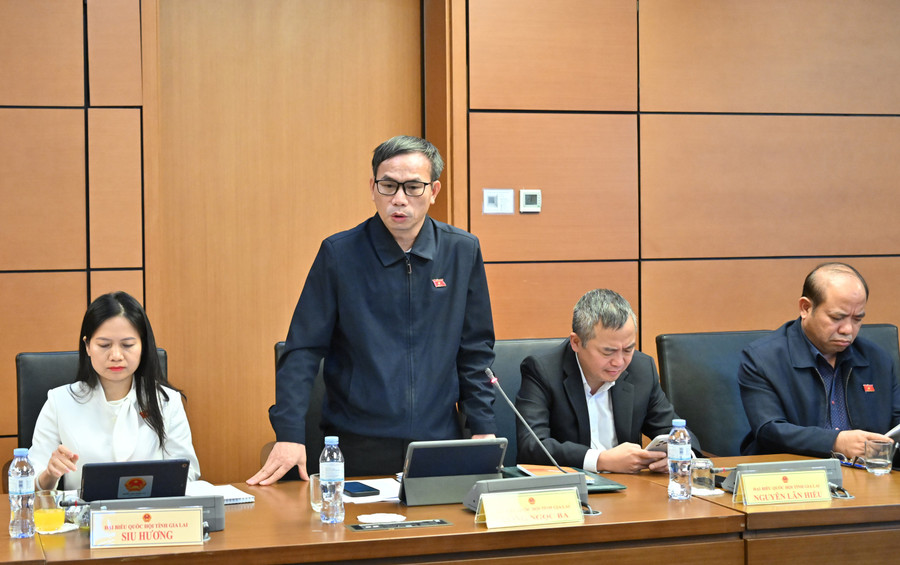
The delegate said that the drafting agency has been very active and responsible, studying and absorbing many opinions from the reviewing agency and relevant agencies to complete the draft Law. The delegate highly appreciated many contents that have been absorbed and revised in the new draft.
At the same time, it is recommended to continue reviewing and adjusting, especially ensuring consistency and synchronization with related laws such as the Civil Code, Law on Product and Goods Quality, Law on Intellectual Property, Law on High Technology, Law on Standards and Technical Regulations; ensuring new legislative thinking and legislative techniques.
Besides, Deputy Dong Ngoc Ba also made some specific recommendations.
The Draft Law on Artificial Intelligence (Articles 7 to 11) stipulates the classification of risk management of AI systems into four levels: low risk, medium risk, high risk and unacceptable risk.
Deputy Ba said that, given the nature of AI, if the AI system is considered a type of product or commodity, the provisions of the draft Law are unreasonable and inconsistent, and not compatible with the provisions of the Law on Product and Goods Quality (dividing products and goods into 3 groups: low risk, medium risk and high risk).
Therefore, it is recommended that the drafting agency carefully research and classify AI systems in a way that is consistent with the Law on Product and Goods Quality (3 risk levels) to facilitate implementation.
“In the case of an AI system with “ unacceptable risk”, this should be approached as a prohibited activity, and should be specifically regulated as a prohibition in the draft Law. It is necessary to add other prohibited acts in research, development, and use of AI (for example: using AI to violate national security, using AI to discriminate based on biometric data, etc.) to ensure completeness and strictness” - Deputy Ba proposed.
Regarding the responsibility for compensation for damage caused by AI systems, at Point a, Clause 3, Article 30 of the draft Law on Artificial Intelligence stipulates: “For high-risk AI systems: In case of damage arising from violations in the management and use of AI systems, the violating organization or individual must compensate for the damage according to the provisions of civil law”.
According to Clause 1, Article 601 of the Civil Code, sources of extreme danger include motor vehicles, power transmission systems, operating industrial plants, weapons, explosives, flammable substances, toxic substances, radioactive substances, wild animals and other sources of extreme danger as prescribed by law.
According to Deputy Dong Ngoc Ba, the Civil Code distinguishes between compensation for damage caused by a source of high danger and other cases, especially regarding the fault factor in determining compensation liability. With the provisions of the draft Law on Artificial Intelligence at Point a, Clause 3, Article 30 above, it is unclear whether a "high-risk AI system" is a "source of high danger" or not. Meanwhile, in terms of technical and technological nature, a high-risk AI system has the nature of a source of high danger.
Therefore, the delegate proposed to study and revise the provisions at Point a, Clause 3, Article 30 of the draft Law on Artificial Intelligence in the direction of defining high-risk AI systems as sources of extreme danger, in order to have a basis for applying regulations on liability for compensation for damages caused by AI systems according to the provisions of the Civil Code.
Regarding innovation in thinking and legislative techniques, Deputy Ba proposed a review to ensure that the Law on Artificial Intelligence does not regulate issues under the Government 's authority. Specifically, in Chapter VI (inspection, examination, and handling of violations), consider not regulating specialized inspections but leaving them to the Government to regulate according to its authority. Review Chapter VII (state management of AI), remove regulations under the Government's authority such as the state management responsibilities of ministries... Propose to merge Chapter VI into Chapter VII, because inspection, examination, and handling of violations are essentially specific contents of state management of AI.
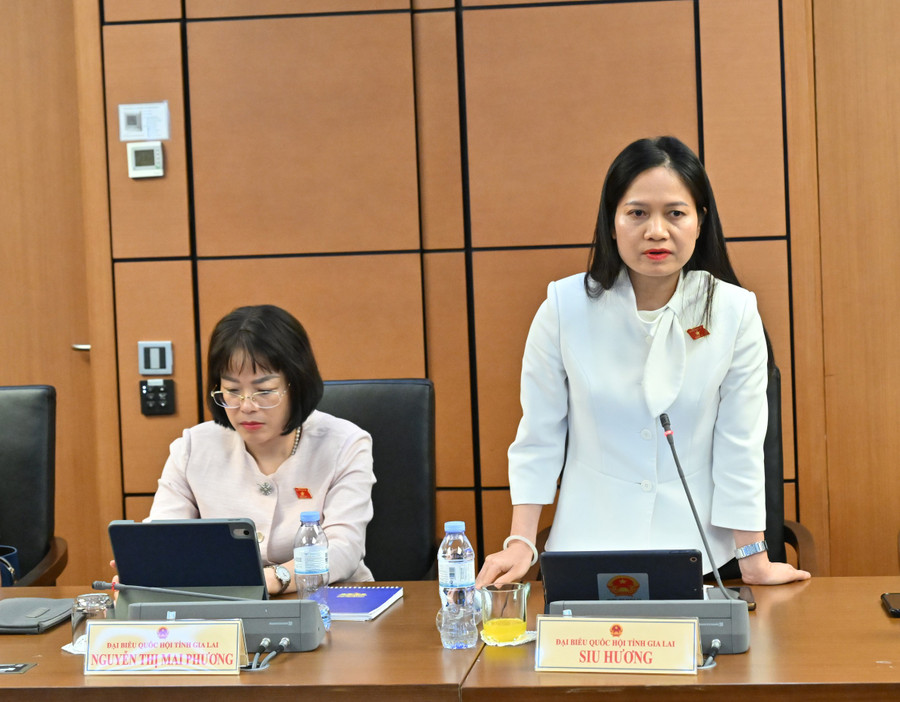
Deputy Head of the National Assembly Delegation of Gia Lai Province Siu Huong expressed interest in the regulations on ethics and responsibility in AI activities in chapter 5.
According to Delegate Huong, currently, many AI models are trained by collecting data, artworks and creative content from the Internet without the consent of the author, and there is no mechanism to compensate the author. This poses a potential risk of infringing the intellectual property rights of content creators.
Therefore, the delegate suggested that the drafting agency consider adding to Chapter 5 a regulation that AI system developers must have a clear permission mechanism, allowing content owners to choose to agree or refuse to use their work for AI training purposes. At the same time, research should build a compensation or benefit-sharing mechanism for authors when their work is used in AI model training.
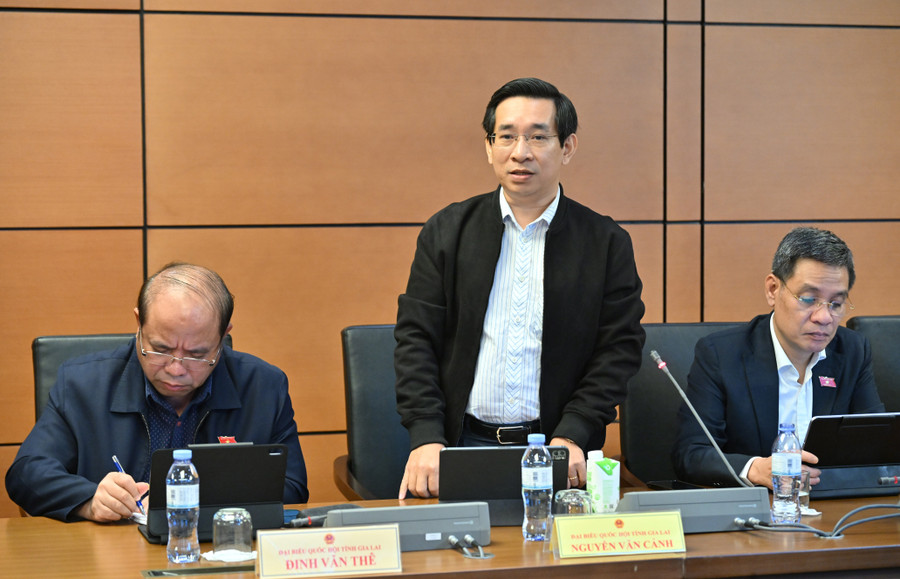
Participating in the discussion, Deputy Nguyen Van Canh (member of the National Assembly delegation of Gia Lai province) raised the issue from the perspective of a consumer concerned when using "AI" products, if there is an incident beyond control, causing damage, who will be responsible for compensation.
According to Deputy Canh, the draft Law on Artificial Intelligence does not explain the term “products using AI technology”. Consumers only know the product, but only researchers and scientists know what AI technology is.
Deputy Canh proposed to clearly distinguish AI as an input product, a means-tool, a semi-finished product or a finished product. From there, there will be specific regulations on the responsibility of the supplier.
“For example, AI is only integrated into the product. When damage occurs, the seller of that product must take full responsibility and cannot blame it on AI, “because the company that makes AI sells it to me, I have no control over it” - Deputy Canh analyzed.
Source: https://baogialai.com.vn/viec-ban-hanh-luat-tri-tue-nhan-tao-la-van-de-cap-bach-post573129.html












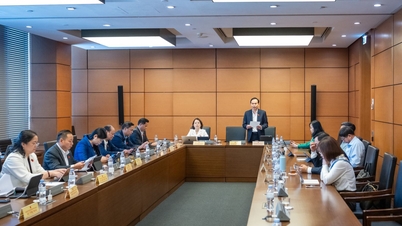

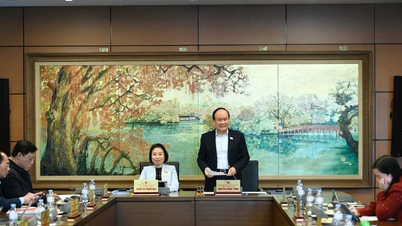

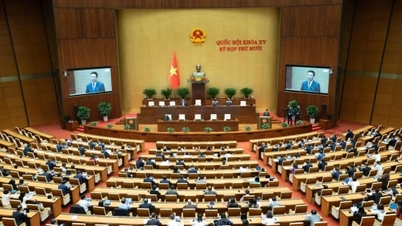

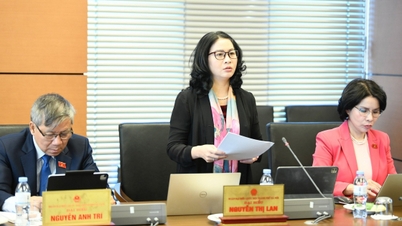
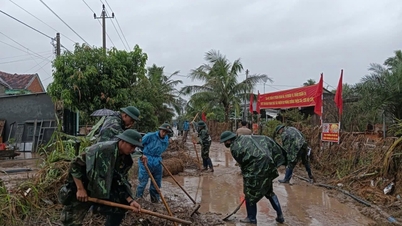



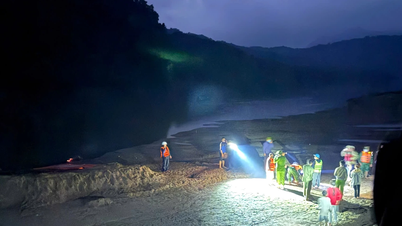

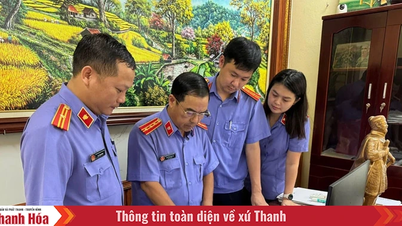

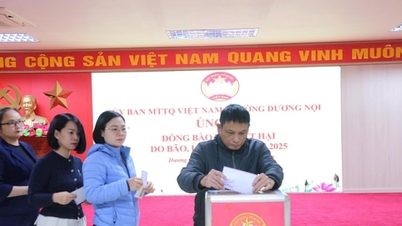







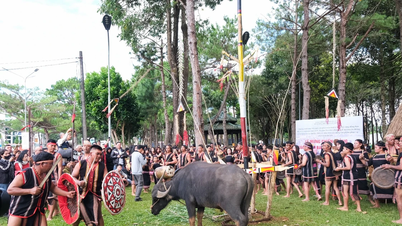
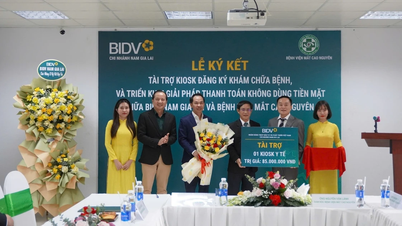











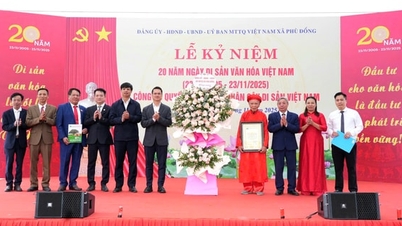






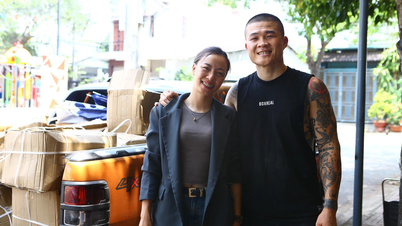

































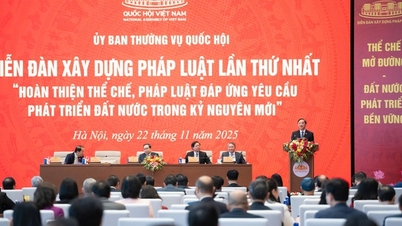

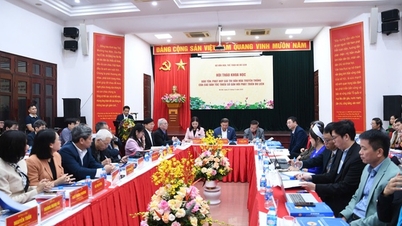

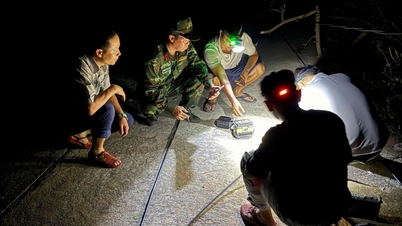
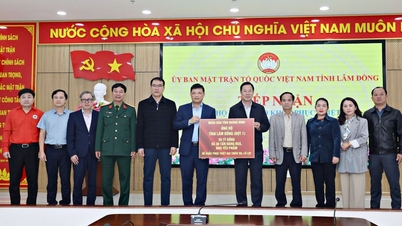


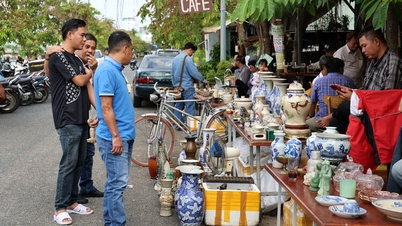













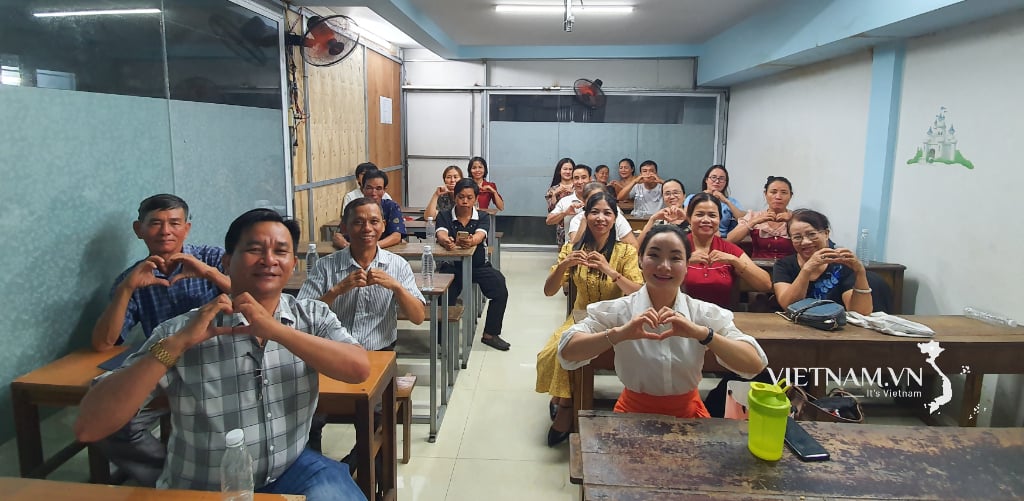



Comment (0)